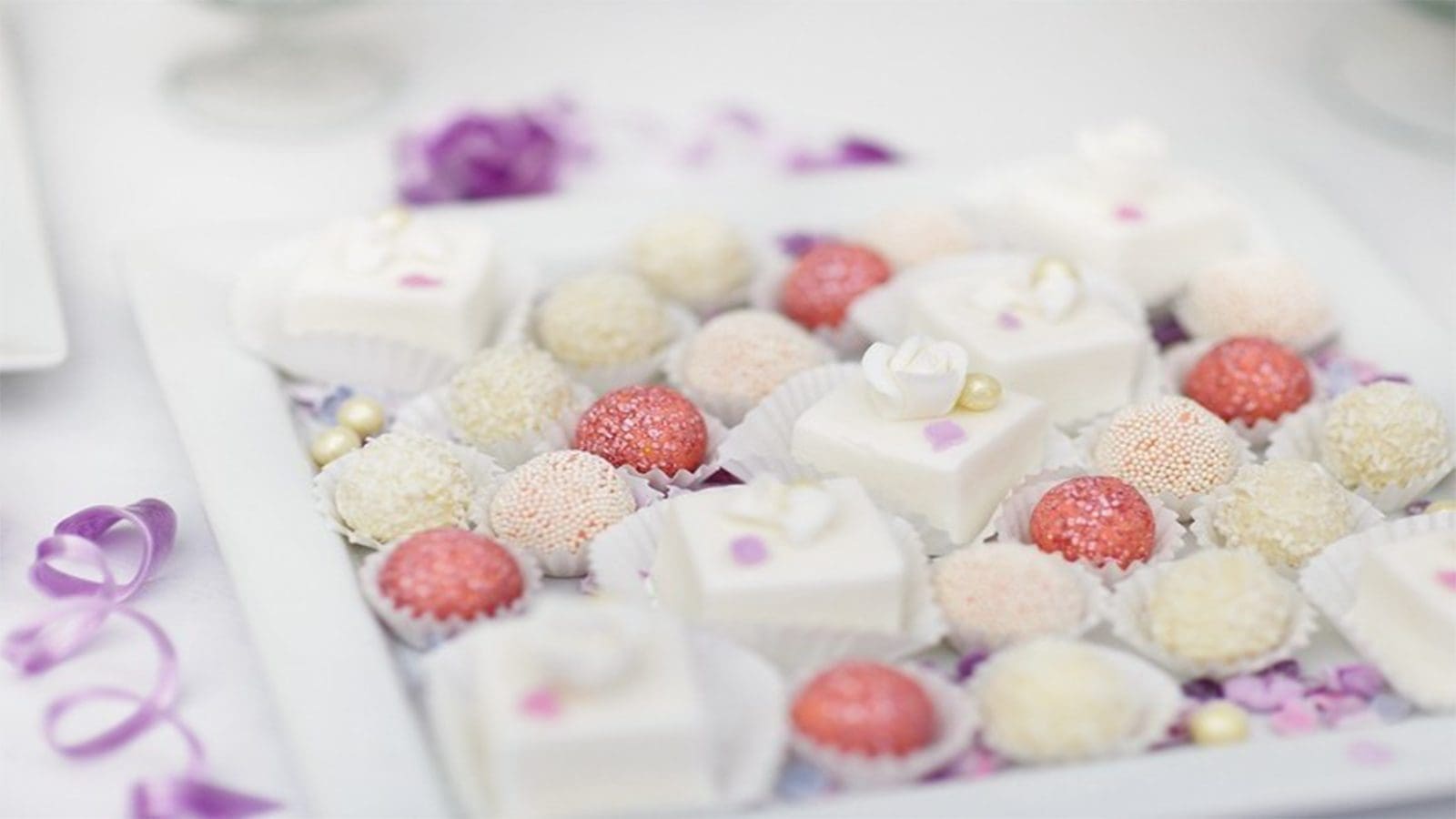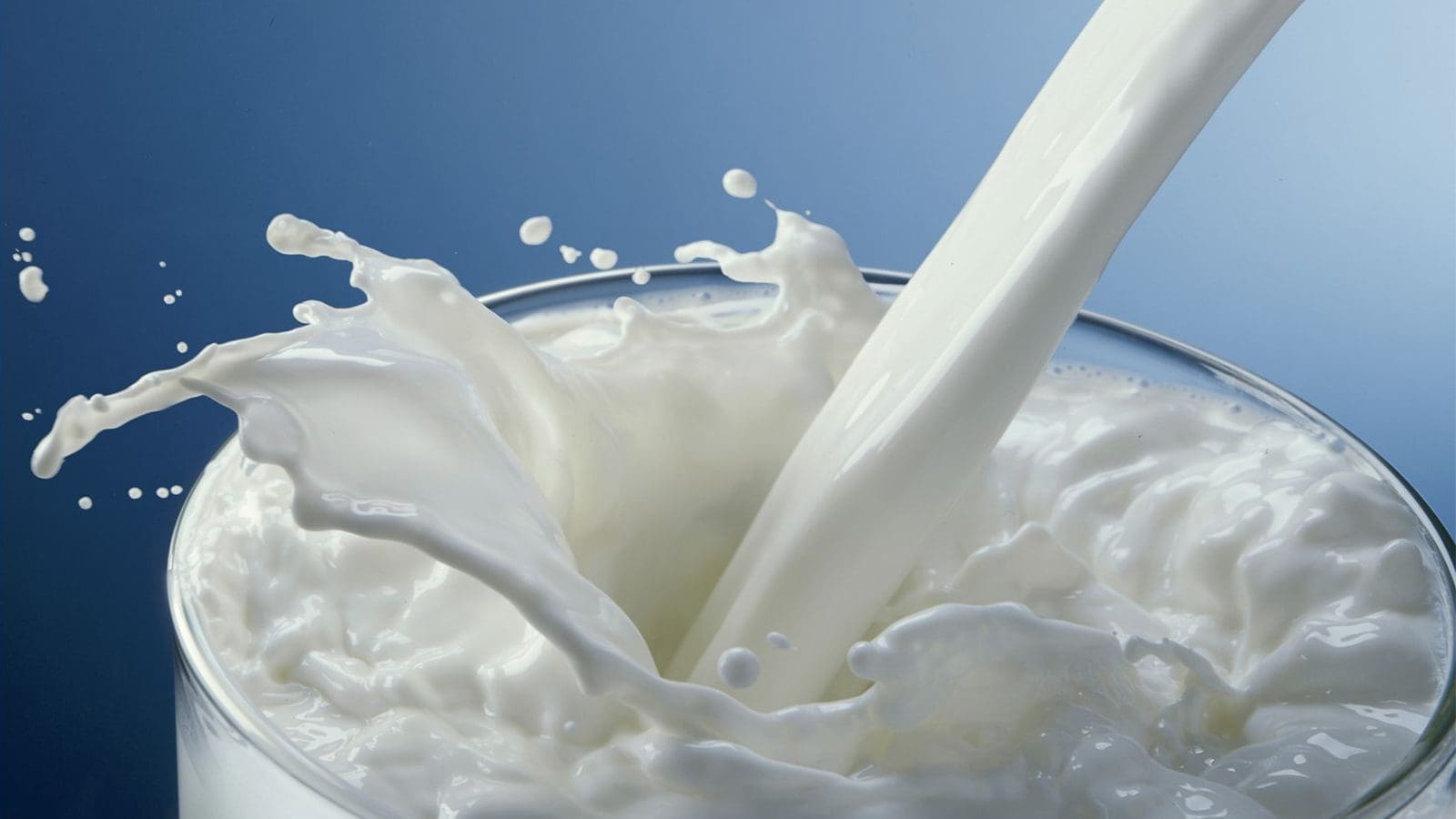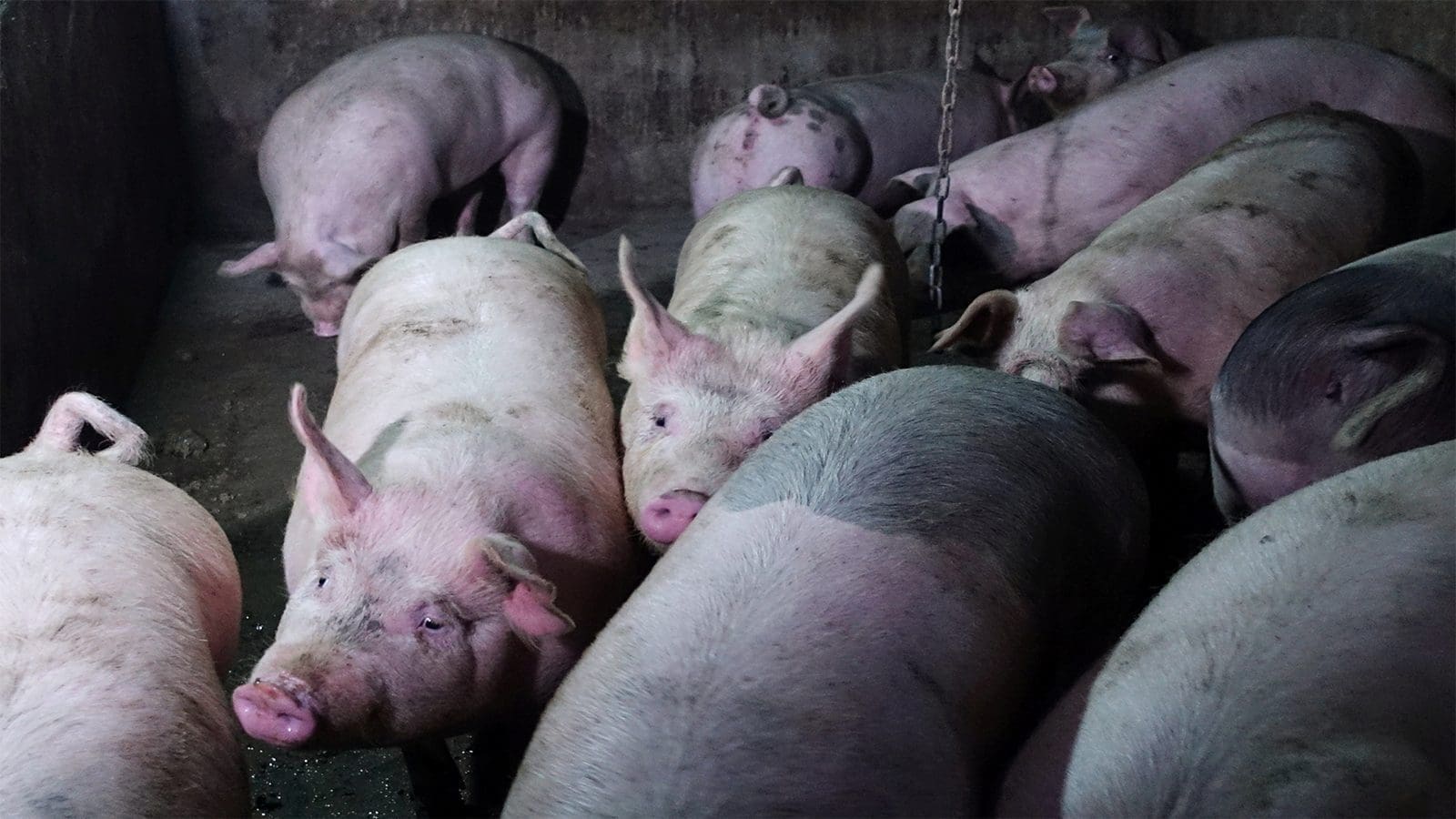EUROPE – The ban on titanium dioxide (TiO2) as a food additive has finally come into force across the European Union (EU), after it was deemed as “not safe” by the European Food Safety Authority (EFSA).
Also known as E171, TiO2 is used as a color in the nutrition industry, including as an opacifier in capsules. It is used in soups, sauces, sandwich spreads and processed nut products. It is also used in candy, chewing gum, cake icing and white sauces.
The ban came as a result of an EFSA review of the item in line with its regulations on periodic re-evaluation of food additives that have been approved for use in the past.
“During the re-evaluation, the main concern raised was about the potential genotoxicity of titanium dioxide (e.g., its ability to damage genetic material in our cells.) While this updated assessment could not confirm a definite genotoxic effect, the EFSA panel concluded they did not have enough evidence to rule out concerns about potential genotoxicity,” highlighted the European Food Information Council (EUFIC).
The review body noted it also did not have sufficient data to calculate a safe daily intake level of TiO2 and moved to its ban.
On the words of Dr. Nina McGrath, Area Lead for Content Production, European Food Information Council (EUFIC), the decision by EFSA last year was not met with any objections by either the European Parliament or the Council of the EU.
Consequently, “producers will deal with a six-month phasing out period, during which companies will need to work on reformulating their products if they want to keep them on the market.”
“After this time, a full ban on marketing foods containing titanium dioxide as an additive will apply across the EU. The additive is used as a color in the food and nutrition industries,” said Dr. Nina.
According to her, regulations do not leave any discretion to member states in implementing EU law, as they are legally binding.
“It is the responsibility of each member state to ensure implementation and enforcement of the regulation in their country,” she informed.
According to FoodIngredientsFirst, Döhler, provider of technology-based natural ingredients, previously noted that the move to ban TiO2 did not take the industry by surprise as the additive had been under global review for quite some time.
This has long sparked a demand for alternatives as companies have been working toward reformulations.
Thus, the industry has been phasing out artificial dyes and turning to plant-forward foods. Items such as blue spirulina, yellow turmeric extract, and red elderberry extracts have been spotlighted for their potential.
France’s ban triggered EU one
In 2020, France banned the use of the additive, leading companies such as Lonza to launch Vcaps Plus White Opal, its first commercially-available titanium dioxide-free semi-opaque capsule for food supplements. The move followed several lobby groups urging the European Commission to prohibit TiO2.
The French Agency for Food, Environmental and Occupational Health & Safety last year called for a uniform approach to screening nanomaterials like TiO2. The methodology proposed specific adaptations related to regulatory definitions, particle size measurements, dissolution properties and hazard identification.
Liked this article? Subscribe to Food Safety Africa News, our regular email newsletters with the latest news insights from Africa and the World’s food safety, quality and compliance. SUBSCRIBE HERE








